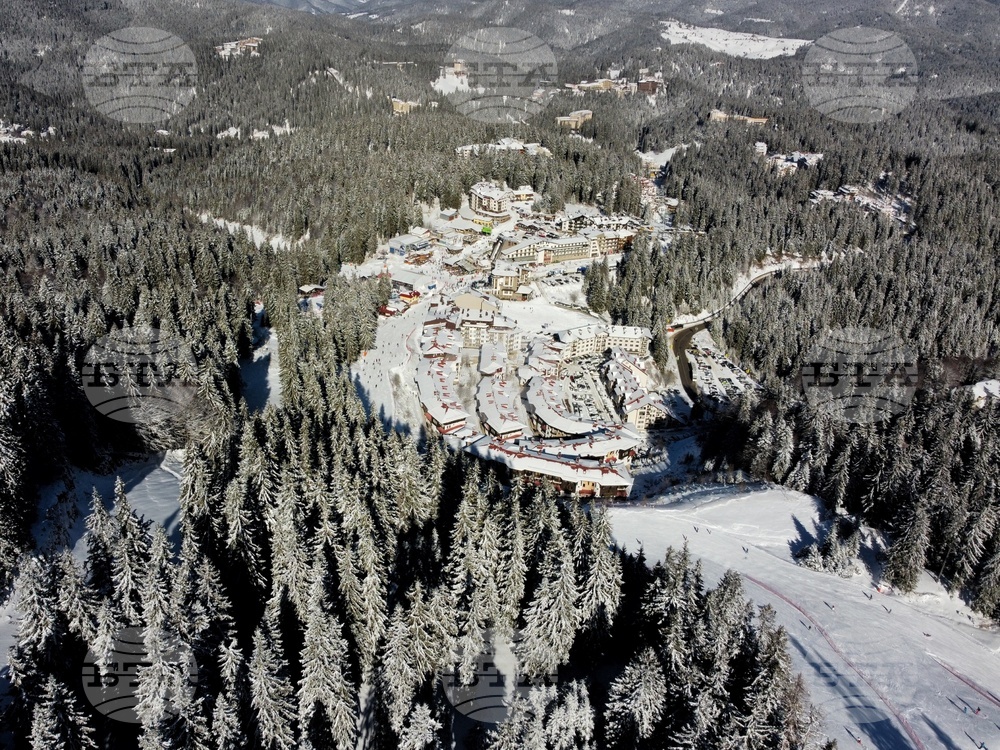site.btaUPDATED Most Bulgarian Hotels Register 50 to 70% Occupancy in 2024 - Survey


The average annual occupancy of almost half of the hotels in Bulgaria was between 50 and 70% in 2024, just under a quarter of them had an occupancy rate of over 70%, and about a third had an occupancy rate below 50%, according to an annual national survey conducted by the Bulgarian Association of Hotel Executives (BAHE).
The survey presents the state of the sector in 2024 as well as hoteliers' attitudes and expectations for the development of their business in 2025, the Association said. It described the collected data as positive, considering the fact that over 50% of tourism in Bulgaria is seasonal.
The data shows that hotels, which saw occupancy growth in 2024, account for just over half of those represented in the survey.
The prices of accommodation in Bulgarian hotels increased by an average of 10% in 2024. Around one in three hotels offered rooms for less than BGN 100 per night, another 40% had prices ranging BGN 100 and 200, one in four hotels had prices between BGN 200 and 300, and 10% offered rooms for prices between BGN 300 and 500.
Expectations this year are for minimal price changes, mostly within up to 10%. One in five of hoteliers do not foresee an increase in room rates at all in 2025.
About two in three hotels saw increased revenues of up to 20% in 2024, while one in five saw no change compared to 2023.
Nearly four in five hotels registered an increase in spending of more than 10%. The highest share of expenditure, 60%, was on salaries and employee insurance, followed by utilities with 20%, goods and services with 15%.
Half of the hoteliers expect to achieve minimal revenue growth of up to 10% in 2025, while another 30% expect no growth.
Staff shortages continue to emerge as the most serious challenge for the industry, followed by inflation and rising costs, and the inability to plan for the long term.
Commenting on a potential wage increase, BAHE said: "In spite of the serious and ongoing wage growth, [the wages] cannot grow indefinitely, because they are directly linked to the increase in room rates, and hoteliers are quite sceptical about such a solution, mostly because of the strong internal and external competition."
According to the survey, the insufficient administrative capacity of Bulgarian consular offices in countries that are "exporters" of labour, as well as Bulgaria's increased commitments in terms of Schengen border control, limit the opportunities for hiring foreign employees.
The share of Bulgarian tourists grew to 44.7% in 2024 compared to 41% in 2023 and 35% in 2022. Romanian tourists comprised the largest share with 60%, followed by tourists from the UK with 28%, Germany with 24%, Greece with 23%, Turkiye with 21%, Poland with 18%, Israel 16%, North Macedonia with 11%, Spain with 8%. The percentages exceed 100 as multiple answers were allowed.
BAHE's national survey involved two-, three-, four- and five-star hotels with more than 15 rooms.
/RY/
news.modal.header
news.modal.text